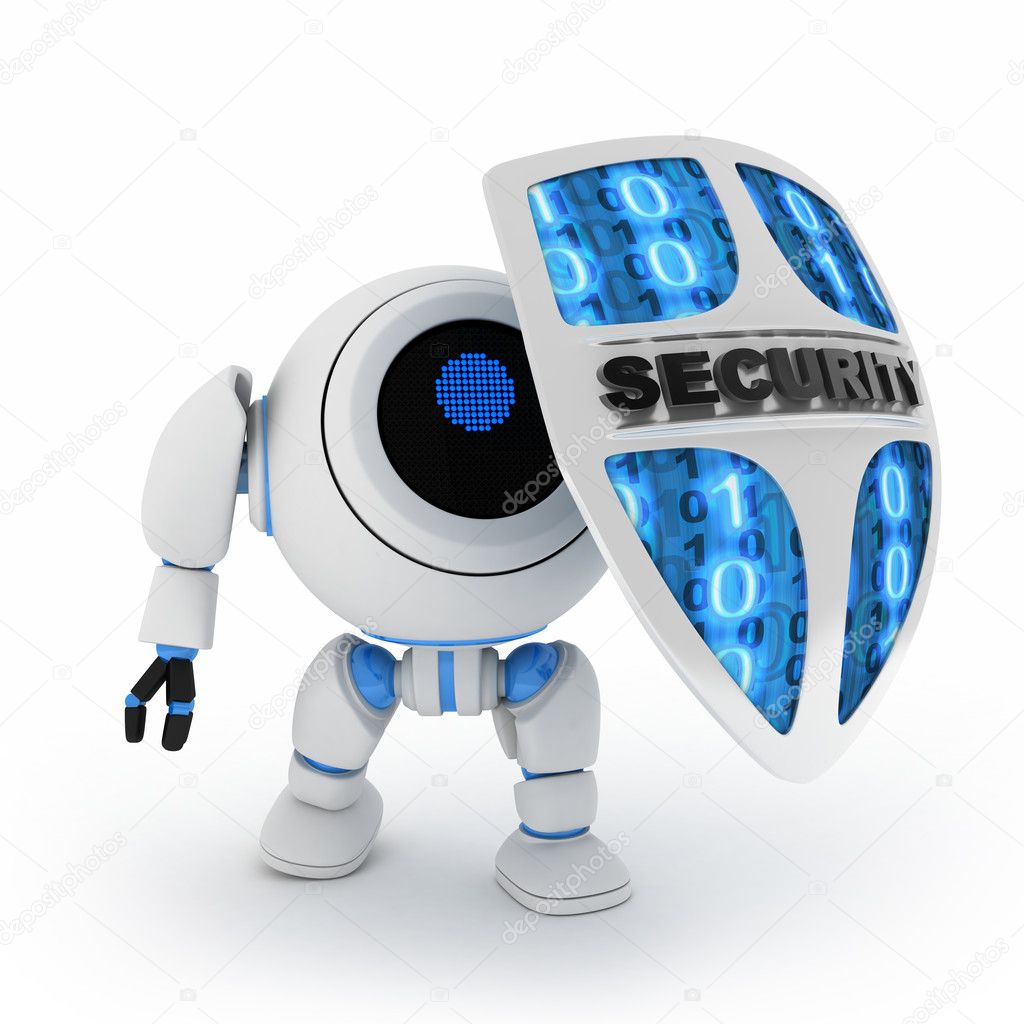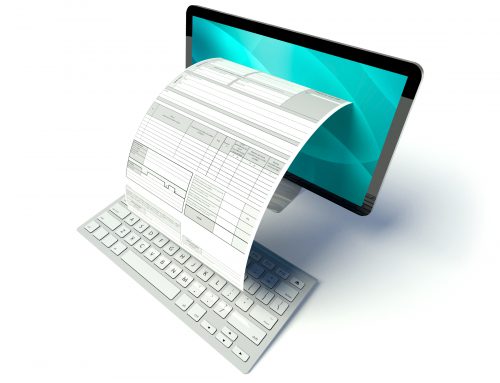DeBug Tech Tips: Are You Safe Online?

Password security is a very common topic at DeBug – with good reason! Your passwords are THE gatekeeper to all your personal digital information!
Today online security is of the utmost importance, especially with the ever increasing threats that are posed online. According to studies done by the Pew Research Center, 61 percent of internet users in the United States utilize some form of online banking, and 35 percent use their mobile phone for banking as well. Yet most people’s passwords are inadequate, according to Splash Data, a company that specializes in password management software, these are some of the most used passwords:
| 123456 | Password | Qwerty |
| Football | Welcome | Abc123 |
| 111111 | Letmein | Passw0rd |
A large portion of the passwords on this list have been on the list many times before. Here at DeBug Computer we can attest to this, seeing many clients that use passwords like 1234, password, and April252017!. Having a complex password can make a world of difference when it comes to online security. Doing simple things like replacing e’s with 3’s, or s’s with 5’s will add complexity to your password, making it harder to hack.
Other than replacing letters with numbers and/or special characters, there are more ways to give your passwords greater complexity. Staying away from things like names of spouses or children, names of idols or movies, street names, birthdays, pet names, and other events, places, or names that can be associated with you. A better method of selecting a password is to select a phrase, something that you may have no connection with but is easy to remember and add numbers, capitals, and special characters. A phrase like “my secure password” can turn into “My53cureP@55word!” The phrase is easy to remember and the odds of anybody ever guessing it are slim. Keep in mind, if the words in your passwords can be found in a dictionary, your password is no longer considered secure. Another good technique is to use a phrase such as “I graduated from Carson High in 1993” and change it to IgfCHi1993!, which is eleven characters, something you can remember, and will not be found in a hackers computer dictionary.
Another common practice to further protect you and your information is to change your password on a regular basis and to use different passwords for different accounts. Using one master password for all of your bank accounts, social media, and other subscriptions means that when one account becomes compromised they all do. Changing your password occasionally will help make sure if that password is compromised that they will have to figure out the new password all over again.
To help ease the pain, you can use a secure, common password for sites that do not store any personal data, such as weather and news sites and save the unique complex passwords for sites maintaining personal data such as bank accounts, social security numbers, etc. Just keep in mind, your password is only as secure as that websites security. If your banks’ security is compromised, most likely the hackers then have access to not only your account but your password. Therefore if your password is the same on various financial accounts, it can result in easy access for the hackers to all these accounts.
There is a multitude of online tools and services that can help with both password creation and management. There are many password generators online that let you select criteria and will generate a complex and secure password for you, and there are other services that will store all your passwords for you to make it easier to use many passwords for all of your different logins. No matter how you choose to set and remember your passwords, we would like to stress the importance of having diverse and complex passwords to help protect your information from falling into the wrong hands. If you need any help, suggestions, or guidance with this or any other technological issue feel free to contact us here at DeBug Computer.
Call: 775.883.3630
Email: Info@DeBugComputer.Net
Web: DeBugComputer.Net





